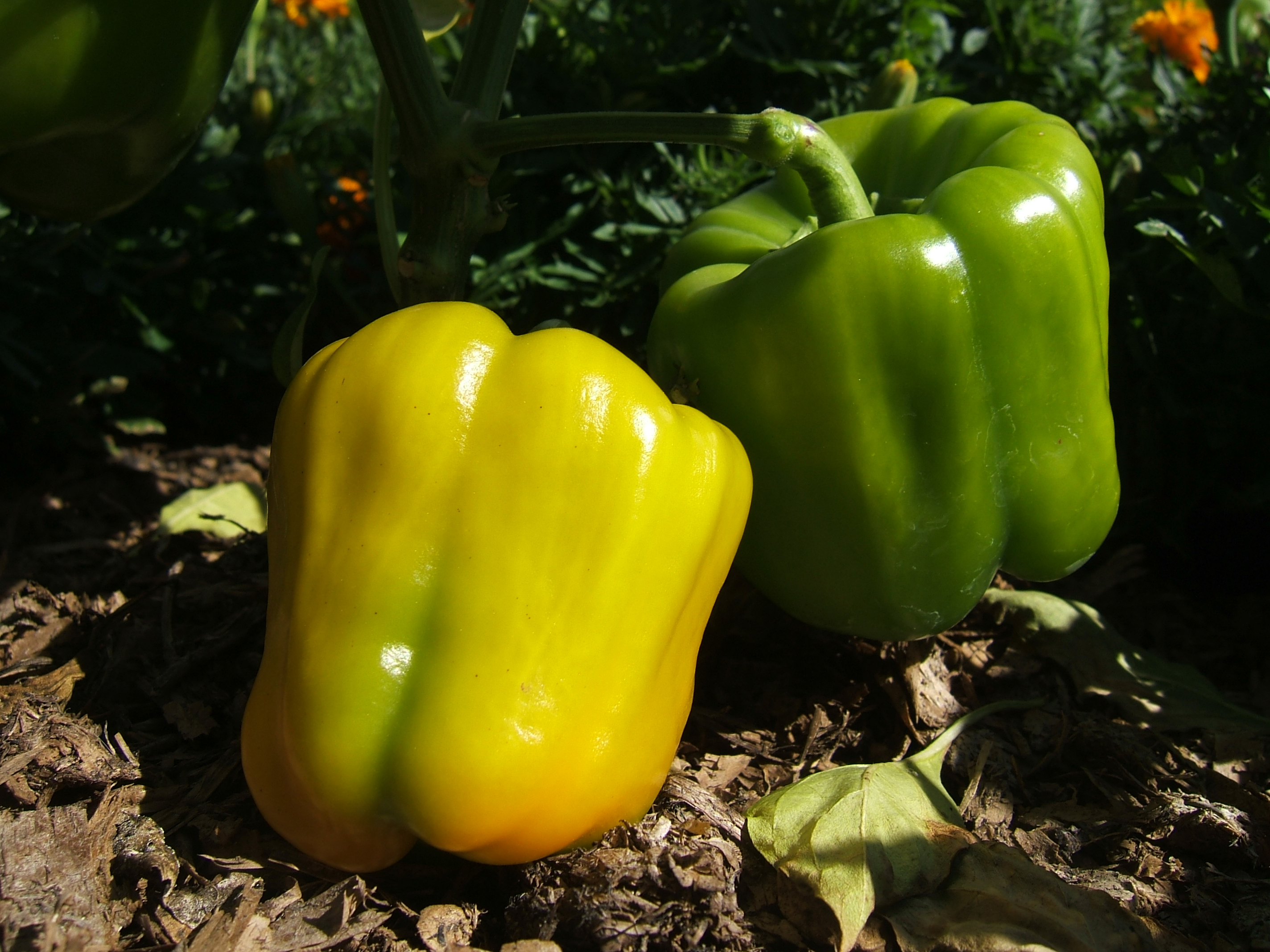Check Out the Best Fertilizers for Peppers and Enhance Your Garden's Yield
Organic Vs. Synthetic Fertilizers: Which Is Best for Nurturing Healthy Pepper Plants?
In the world of supporting healthy pepper plants, the selection between artificial and organic fertilizers stands as a critical decision with far-ranging implications. While both choices objective to supply necessary nutrients to sustain plant development, the nuances of their influence on the dirt, plant health, and the atmosphere stimulate a discussion that echoes throughout the horticulture community. Comprehending the distinctive benefits and prospective pitfalls of each plant food kind is essential for pepper farmers seeking to enhance their yields while keeping an eco-conscious and lasting strategy.
Advantages of Organic Fertilizers
Organic fertilizers supply an environmentally-friendly and sustainable strategy to beneficial pepper plants, giving important nutrients without using artificial chemicals. These all-natural fertilizers are stemmed from organic resources such as garden compost, manure, bone dish, and algae, advertising dirt health and wellness and biodiversity. Unlike synthetic fertilizers, natural options launch nutrients gradually, guaranteeing a balanced and constant supply for pepper plants to thrive.
One considerable advantage of organic plant foods is their capacity to improve dirt structure and water retention. By boosting soil health, organic fertilizers advertise beneficial microbial activity, which aids in nutrient uptake by pepper plants. In addition, natural plant foods reduce the risk of chemical run-off, securing water sources from pollution and securing the environment.
Additionally, organic plant foods contribute to long-lasting soil fertility by advertising the growth of helpful soil microorganisms. These organisms aid break down natural issue, releasing nutrients in a type that is quickly available to pepper plants. best fertilizers for peppers. By fostering a healthy and balanced soil environment, natural plant foods sustain sustainable pepper growing methods that profit both plants and the atmosphere
Downsides of Artificial Fertilizers
Artificial plant foods, in comparison to their organic counterparts, pose numerous disadvantages when made use of to nurture pepper plants, impacting both plant health and wellness and ecological sustainability. One significant downside of synthetic fertilizers is their tendency to seep nutrients from the soil promptly.
Furthermore, the overuse of artificial plant foods can add to water air pollution. Excess plant foods not soaked up by plants can get rid of into water bodies, leading to eutrophication, where algae blooms diminish oxygen degrees in the water, hurting water life. In addition, artificial fertilizers are typically obtained from non-renewable sources, such as nonrenewable fuel sources, contributing to carbon discharges and ecological destruction during their manufacturing.
Nutrient Absorption Contrast
Effective nutrient absorption plays a crucial duty in the overall wellness and growth of pepper plants. When contrasting organic and synthetic fertilizers in regards to nutrient absorption, organic plant foods have the benefit of offering a more well balanced and slow-release resource of nutrients (best fertilizers for peppers). Organic fertilizers include a variety of macro and micronutrients that are not only useful for the plants however additionally promote healthy and balanced dirt microbial task, which helps in nutrient uptake. On the various other hand, artificial fertilizers typically offer a quick release of nutrients, which can bring about seeping and runoff, resulting in reduced nutrient absorption rates by the plants.
Moreover, organic fertilizers boost soil structure and water retention capacity, enabling pepper plants to access nutrients more effectively. This better dirt quality facilitates root growth, making it possible for far better nutrient absorption. look at here Artificial fertilizers, although originally increasing plant growth as a result of their high nutrient focus, may hinder long-lasting nutrient absorption by degrading soil wellness gradually.
Environmental Effect Considerations

On the other hand, synthetic fertilizers, although frequently more concentrated and right away available to plants, can have detrimental impacts on the atmosphere otherwise applied appropriately (best fertilizers for peppers). Their production needs high energy inputs, resulting in greenhouse gas exhausts and contributing to environment change. Additionally, the runoff of excess synthetic fertilizers can infect water sources, bring about eutrophication and hurting marine environments.
Best Plant Food Practices for Peppers
When fertilizing pepper plants, optimizing nutrient uptake and minimizing ecological influence are crucial considerations. To attain this, it is vital to adhere to ideal fertilizer internet techniques tailored to the specific demands of pepper plants. One critical practice is to perform a soil test before using any type of plant foods. This examination can figure out the pH level of the soil and identify any nutrient shortages, directing you in picking one of the most ideal fertilizer formula.
One more essential method is to fertilize pepper plants at the ideal time. Typically, peppers benefit from receiving fertilizer at growing and afterwards again when they begin to blossom. Over-fertilizing can bring about nutrient imbalances and hurt the plants, so it is important to adhere to recommended application prices.
In addition, selecting a balanced fertilizer with an NPK ratio that matches pepper plants' needs is fundamental. Inevitably, incorporating synthetic and natural plant foods judiciously can aid nurture healthy and balanced pepper plants while lessening environmental effect.
Final Thought

Organic plant foods use a lasting and environmentally-friendly method to beneficial pepper plants, offering important nutrients without the use of artificial chemicals. Unlike synthetic plant foods, natural choices release nutrients slowly, making sure a well balanced and consistent supply for pepper plants to prosper.
Artificial fertilizers, in contrast to their natural counterparts, position numerous negative aspects when made use of to nourish pepper plants, influencing both plant health and wellness and environmental sustainability. When comparing natural and artificial plant foods in terms of nutrient absorption, natural fertilizers have the advantage of supplying a more balanced and slow-release resource of nutrients.In addition, organic plant foods improve soil framework and water retention capability, allowing pepper plants reference to accessibility nutrients more effectively.